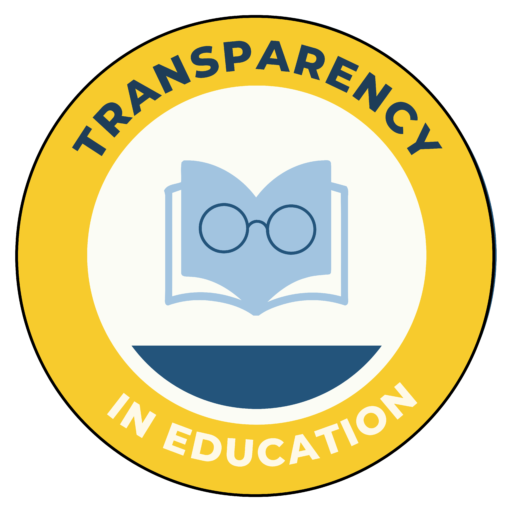Is Gender Identity To Be Included in Pre-K Through 3rd Grade Curriculums in 2022–2023?
June 1, 2022
No recent topic has created more conversation or been more divisive than the introduction of gender identity into the Kindergarten through third grade curriculums of the FCPS. The proponents argue that this curriculum content is necessary to promote inclusion and teach tolerance for those in society that are afflicted with gender dysphoria, and that it will reduce the anxiety and ostracization of those children that may be afflicted with the same condition. Many of the proponents also argue that this is analogous to a civil rights issue and that inclusion in the curriculums is necessary to advance trans and gay rights. The opponents argue that 4-8 year old children are too young for this nuanced social ideology, that inclusion and tolerance can be taught without any mention of gender identities beyond biology, and that the school systems are stepping out of their role and crossing into areas of childhood development by introducing topics that should be the responsibility of the family to discuss with their children.
A little background: The new framework that contains these standards was approved under the Code of Maryland Regulations (COMAR) in 2019, was received by Maryland school districts from the Maryland State Department of Education (MSDE), and was unanimously approved by the Frederick County BOE in the March 23rd BOE meeting. The work is now underway to turn these standards into curricula. Dr. Kevin Cuppett, the FCPS Executive Director of Curriculum, Instruction, and Innovation has taken the position that that this elementary health curriculum is aligned with the implementation of FCPS Policy 443, which states that FCPS should be “Creating Welcoming and Affirming Schools for Transgender and Gender Nonconforming Students” (April 27th Curriculum and Instruction meeting). This line of reasoning, along with public comments made by several BOE members during the discussions on these standards, including a reference by one BOE member who is on the Curriculum and Instruction Committee that the opponents made her “feel like she was stuck in the 1970’s,” and the position of the Family Life Advisory Committee (and the parents on that committee) it appears that the concept of socially constructed gender identities will become part of the early elementary curriculums in Frederick County schools. The FCPS has assured parents they will have the opportunity to review the proposed curricula and class materials in advance and will have the option to opt-out of these lessons in PK-5th grade (per Dr. Cuppett).
What the standards contain: The Kindergarten-3rd grade standards/framework contains language introducing gender identity and topics designed to educate children on sexual abuse. Pre-K introduces only “bodily autonomy” under the Safety and Violence Prevention standard.
The following are selected from the Health standards in the framework and represent the items being considered in curriculum development and are at the heart of the debates. The opt-out provisions will exist for any item designated with “c.” No opt-out will be given for items designated with a “d” as those are covered under the Safety and Violence Prevention standard, which is not eligible for opt-out.
PreK:
- Recognize that individuals have personal boundaries and bodily autonomy. (d)
Kindergarten
- Identify the benefits of people’s uniqueness
- Recognize a range of ways people identify and express their gender. (c)
- Recognze that it is imprtant to to treat people of all gender identities and expressions with dignty and respect. (c)
- Identify parts of the body that are private of self and others. (d)
First grade:
- Identify a range of ways people identify and express their gender. (c)
- Identify ways to treat people of all gender identities with dignity and respect. (c)
- Explain that everyone has the right to tell others not to touch their body when they do not want to be touched. (d)
- Identify parts of the body that are private of self and others. (d)
Second grade:
- Demonstrate ways to treat people of all gender identities and expressions with dignity and respect. (c)
- Identify parts of the body that are private of self and others. (d)
Third grade:
- Demonstrate ways to treat people of all gender identities and expressions with dignity and respect. (c)
- Identify behaviors that constitute sexual mistreatment, grooming, harassment, abuse, assault, and exploitation. (d)
Note that the above standards advance from “recognize” in Kindergarten to “Identify” in first grade to “Demonstrate” in second and third grade implying a progressive approach where lessons become more detailed and instructive as children advance from grade to grade.
An updated status report will be posted in July.

